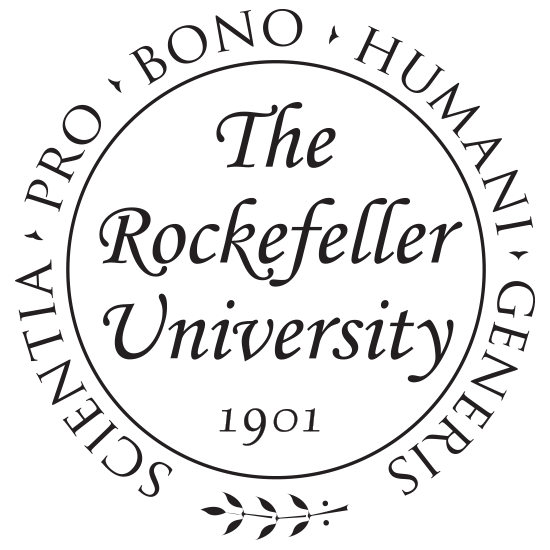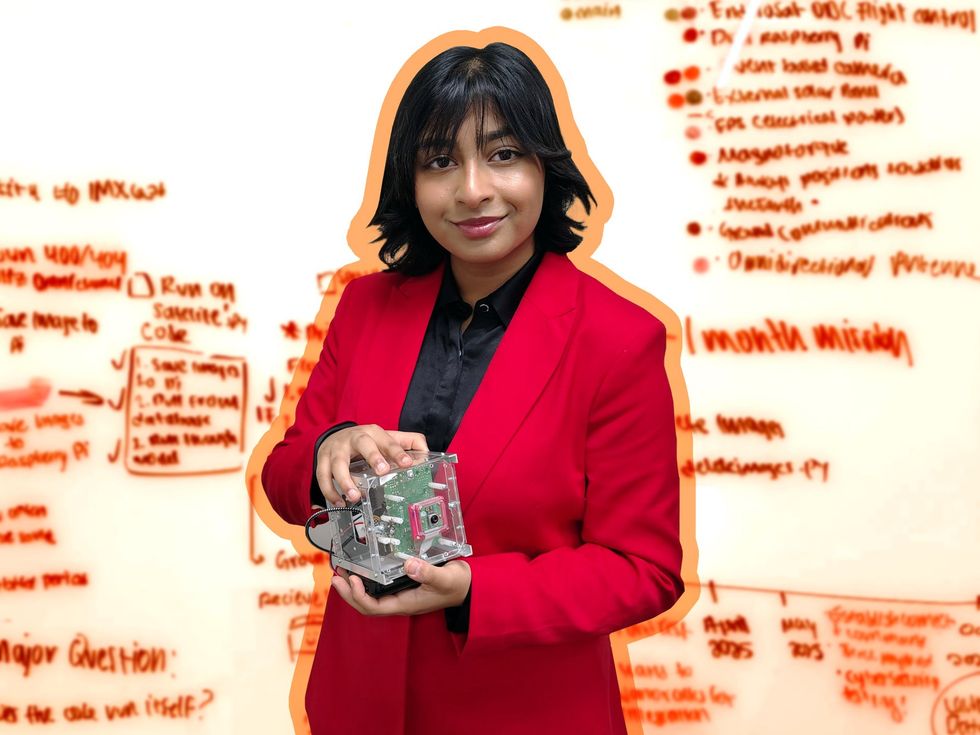In a decisive action addressing the challenges posed by artificial intelligence in academic publishing, arXiv, the prominent preprint server for scientific papers, has announced that it will only accept computer science submissions that have undergone peer review by established journals or conferences. This change, effective immediately, responds to rising concerns from researchers about a surge in low-quality, AI-generated content flooding the platform, especially in the rapidly evolving field of artificial intelligence.
Historically, arXiv has been a crucial resource for researchers in disciplines such as physics, mathematics, and computer science. However, the platform is now facing significant pressure as the volume of submissions has drastically increased. Many of these submissions, generated by advanced tools like ChatGPT, often feature repetitive structures and factual inaccuracies, leading to a dilution of the platform’s credibility.
Challenges of AI-Generated Content
Reports indicate that the influx of AI-generated submissions has escalated sharply since the introduction of sophisticated language models. According to a report by 404 Media, some users have been submitting dozens of AI-generated papers each day. These papers frequently contain superficial coherence that allows them to bypass initial moderation, which relies on both volunteer expert reviewers and automated checks.
A study by Originality.AI analyzed over 13,000 papers submitted after the launch of ChatGPT, revealing a significant rise in AI-assisted content. This trend raises serious concerns about the authenticity and integrity of academic discourse. For researchers, the implications are profound; misleading, unvetted claims could negatively impact funding decisions and policy-making.
The new peer review requirement mandates that authors must provide evidence of their paper’s acceptance by reputable venues when submitting to arXiv’s computer science categories. This marks a notable departure from the platform’s previous open-access model, which allowed submissions to be moderated without formal peer review prior to posting.
Reactions from the Academic Community
The recent policy shift has sparked considerable debate among researchers. Supporters, including notable AI ethicists, commend the move as essential in combating misinformation. One computer science professor highlighted on Slashdot that AI can amplify noise within the academic ecosystem. Anonymous sources on the platform described arXiv as “overwhelmed,” with submission volumes reportedly doubling in certain categories within the past year.
Conversely, critics express concern that these stringent requirements may hinder innovation, particularly for independent researchers or those affiliated with under-resourced institutions. These individuals often rely on arXiv to disseminate their findings quickly, especially in fast-moving fields like artificial intelligence where timely insights are critical.
As arXiv reevaluates the definition of “value” in submissions, the rise of AI-generated content has prompted a broader discussion about the future of open science. Other academic repositories are facing similar challenges, leading to calls for the development of advanced detection tools. Industry experts suggest integrating AI-powered plagiarism detectors and requiring disclosure of generative tool usage. This approach aligns with emerging regulations in the European Union, such as the AI Act, which may set new global standards for academic publishing.
Ultimately, arXiv’s new policies signal a pivotal moment for academic platforms as they adapt to the implications of AI in scholarly communication. By prioritizing quality over quantity, arXiv aims to maintain its status as a cornerstone of scholarly exchange while navigating the complexities of technological advancement. The experience serves as a reminder that as AI tools democratize content creation, human oversight remains crucial in filtering valuable research from the noise.







